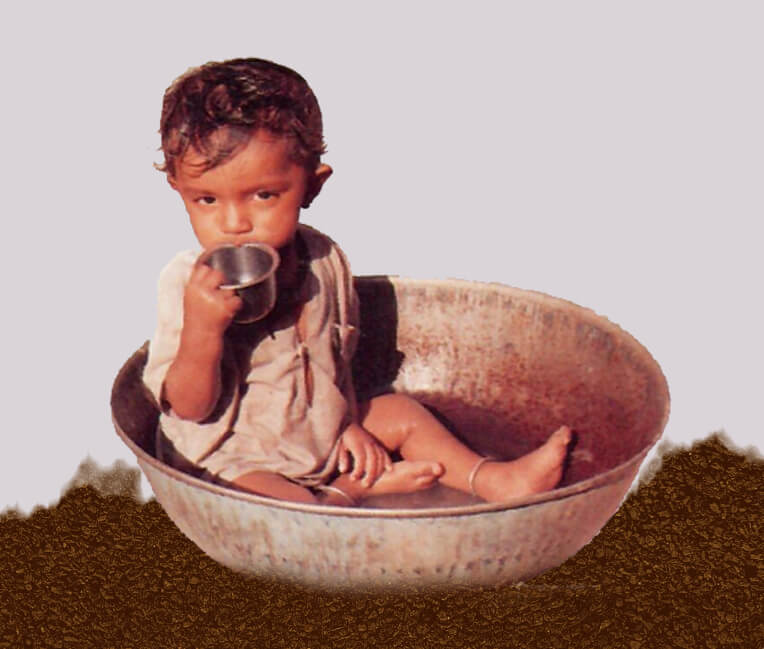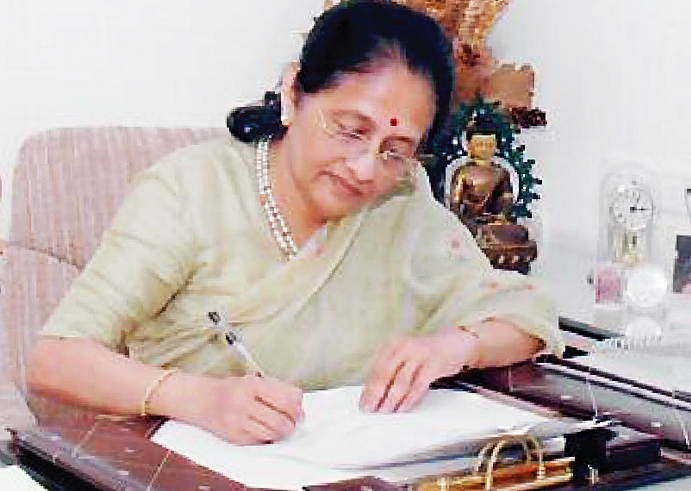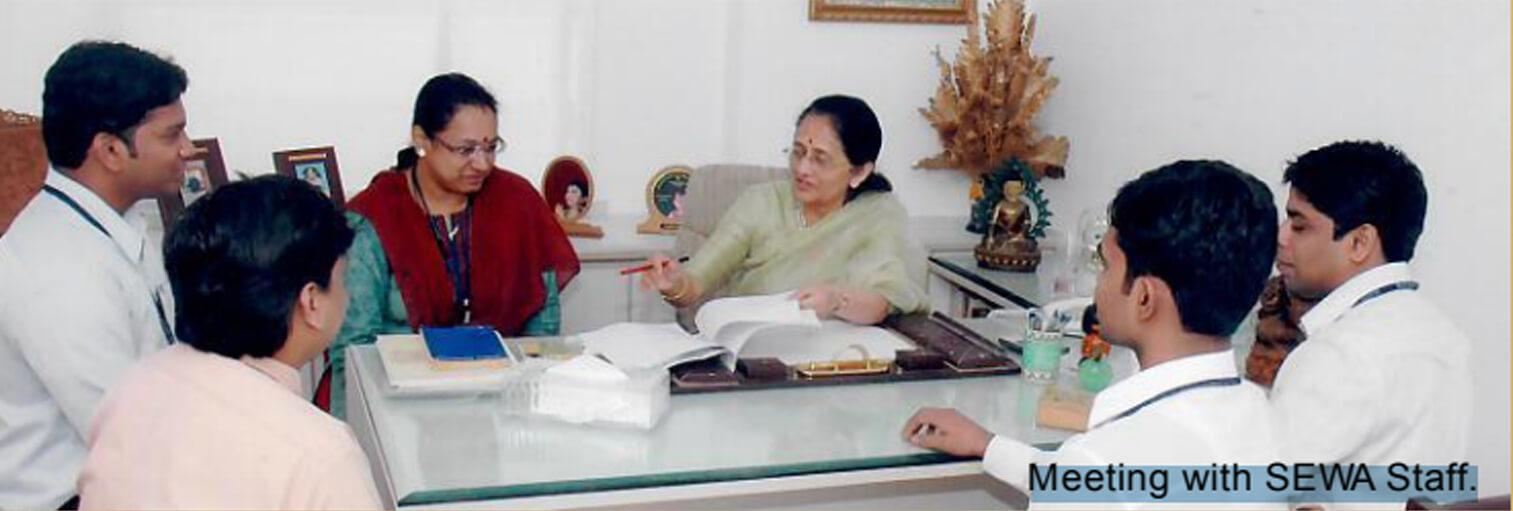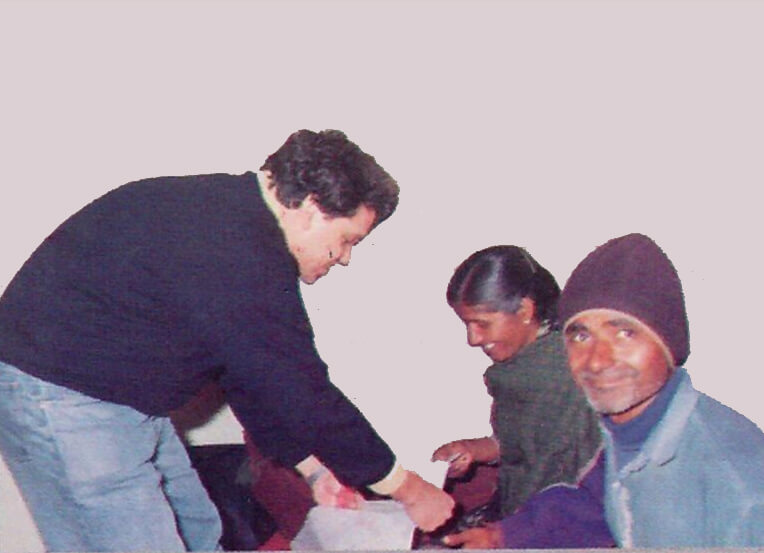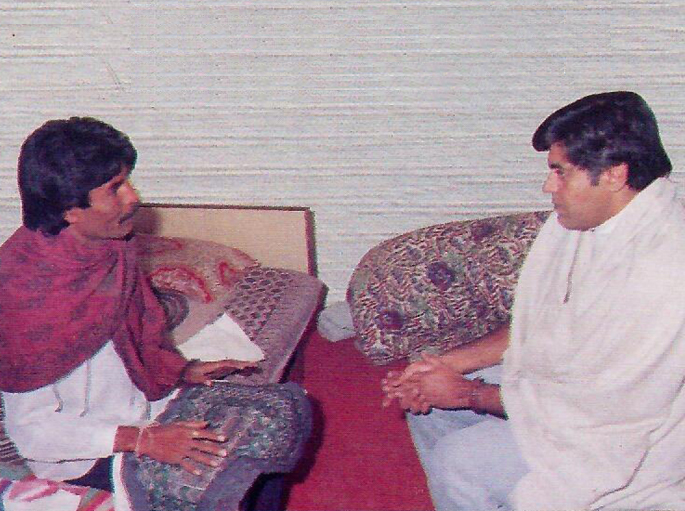Formed on 14th January 1966
Trustees

Late. Mrs. Menaben Mehta
(Mother of Late Mr. Kirtilal Manilal Mehta)
Mr. Kishor Kirtilal Mehta
(Founder /Permanent Trustee)
Mrs. Charu Mehta
(Permanent Trustee)
Late Mrs. Rekha Sheth
(Permanent Trustee)
Mr. Rajesh Kishor Mehta
(Permanent Trustee)
Mr. Prashant Kishor Mehta
(Permanent Trustee)


A
Work Done by Kirtilal Manilal Mehta Family Charitable Trust
- Socio Economic Backwards Class
- Under Privileged
- Light-let Literacy and Good Health Thrive
- Food for Work Program
- Earthquake
B
Lilavati Kirtilal Mehta Medical Trust
Formed on 5th July 1978
- Lilavati Hospital & Research Centre
Settlor: Late Mr. Kirtilal Manilal Mehta 5th July 1978
Founder Permanent Trustee: Mr. Kishor K Mehta
Permanent Trustees:
Mrs. Charu Mehta
Late Mrs. Rekha Sheth
Permanent Trustee:
Mr. Kirtilal Manilal Mehta 11th Aug 1986
Mr Rajiv Mehta 14th Aug 2010
Mr. Rajesh Mehta 05th Nov 2010
Mr. Prashant Mehta 14th Aug 2010 - 'SEWA' Social service Department & Eye Department of Lilavati Hospital & Research Centre
- Lilavati Palanpur Day Care Centre
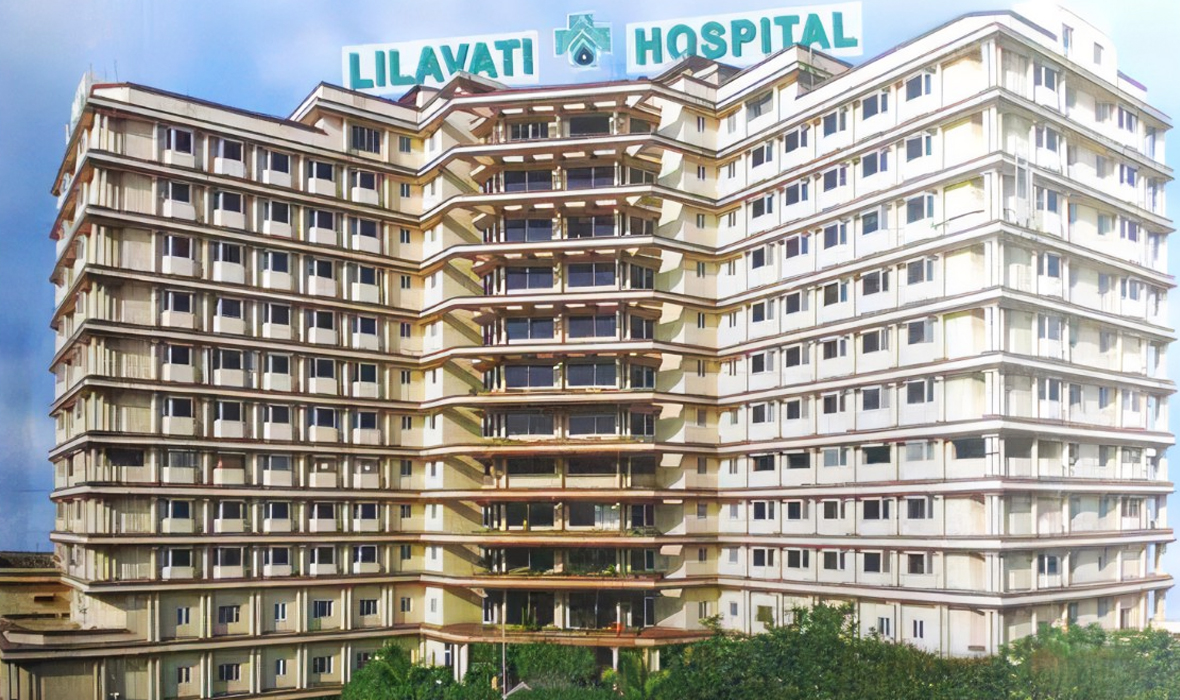

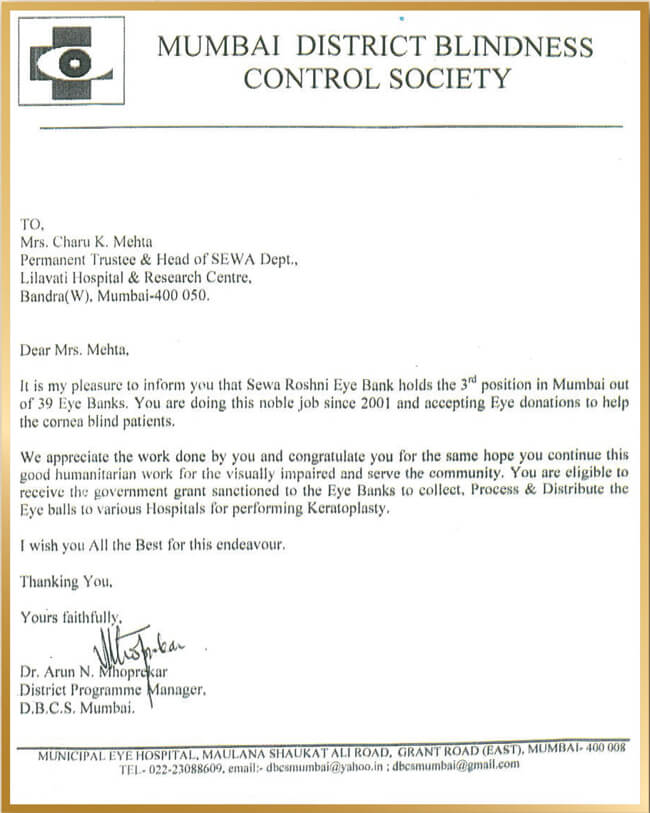
“I take this opportunity to thank the entire staff of SEWA who have dedicated themselves to perform their duties selflessly & with sincerity.”
Permanent Trustee and Head of Sewa Department
Hence I gather that God is Life, Truth and Light." - Mahatma Gandhi
It was over 20 years ago that the Kirtilal Manilal Mehta family first extended a helping hand to the underprivileged in society.
Their efforts led to the formation of the Lilavati K.Mehta Medical Trust and the Kirtilal Mehta Family Charitable Trust. The former addressed the critical issues of health care. The later adopted a broad-based approach to community development leading to the creation of the Rural Community Development Division and the LiGHT programme whose name was derived from its motto: "Let Literacy and Good Health Thrive."
What began as a small activity in the heart of Gujarat State, led by a small number of eager volunteers, today receives support and encouragement from well-wishers all over the world.
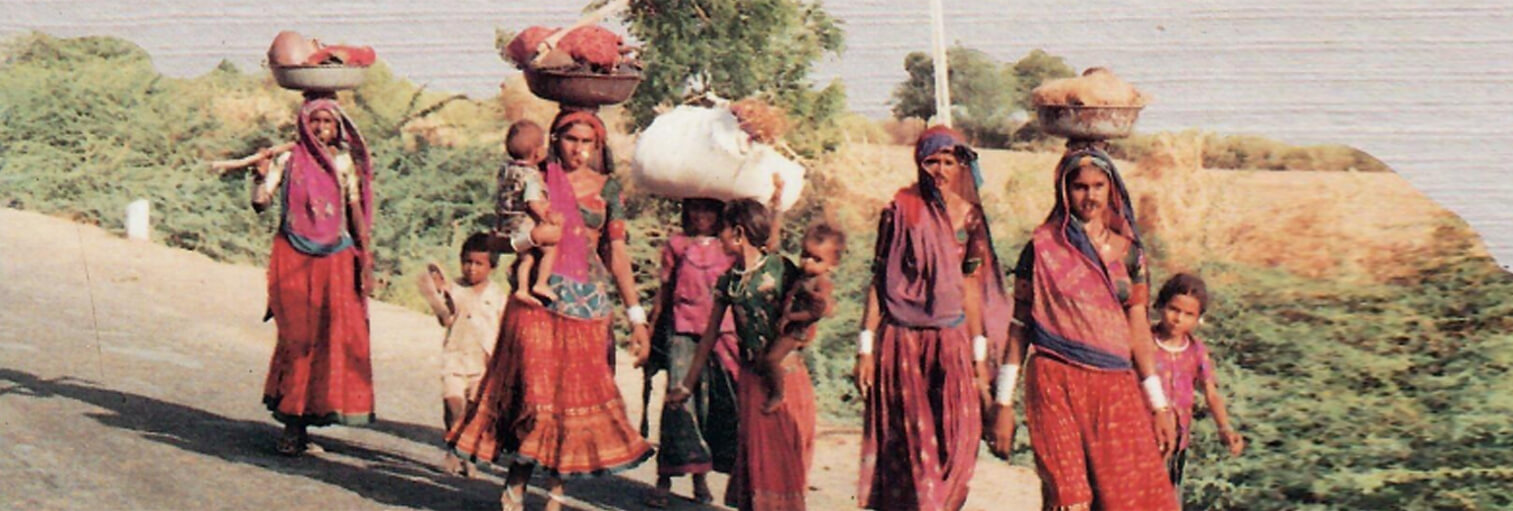
To lift a family above the poverty level and help it lead a dignified life is a manifold task. It is not enough to clothe them or feed them or treat them during ill-health. Nor even to educate their children, for that is only a means to provide for their future. The situation demands a multi-dimensional approach. They have to be provided a means of livelihood. Either by creating a market for any traditional skills they might know or by teaching the men and women new crafts and vocations.
Raising the standard of living also calls for a preventive approach in creating a healthy community and a healthy environment. This involves social forestry and environment conservation. It also means creating hygienic living conditions and teaching basic hygiene.
The Rural Community Development Programmes Division has taken up the challenge of this kind of overall development of entire villages.
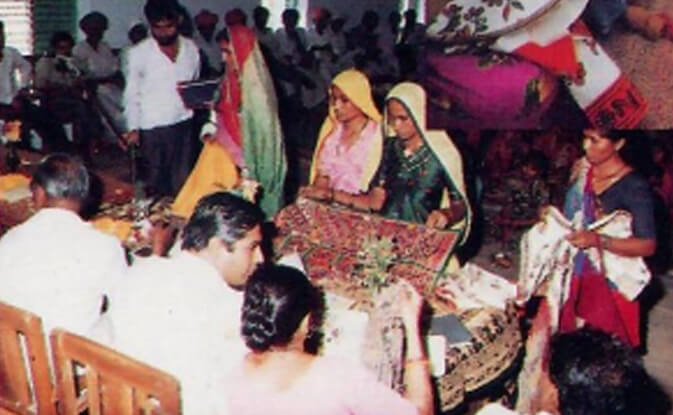
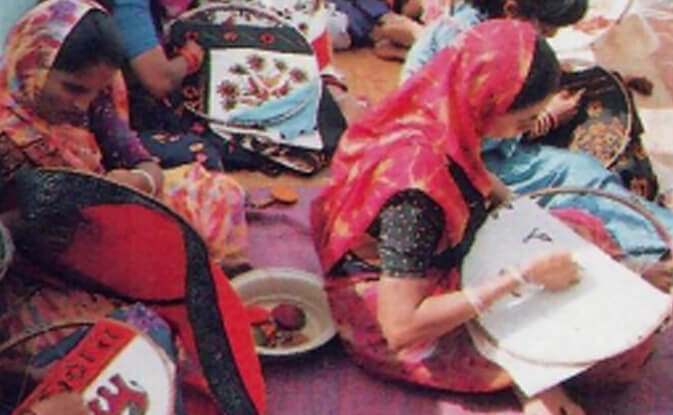
One of the Hindu beliefs is that '108' is an auspicious number. That should bode well for the 108 backward villages adopted by the Trust in 1993.
These villages are located in Banas Kantha district of Gujarat, near the Rann of Kutch. Here, the climate is extreme and rainfall scanty. Water is scarce and life is hard. Much of the land does not support farming or grazing. Illiteracy and lack of industries force inhabitants to eke out a hand-to-mouth existence.
The Trust has taken up a five year programme covering eight key areas of development. In the first phase, between April 1993 and March 1994, 54 villages were covered.
The remaining 54 villages are being covered in the second phase which is already underway.
Reaping the rewards
To improve the income of the villagers through farming and grazing, LiGHT helped to organise loans and subsidies through banks for various purposes. Some purchased bullocks and carts. Some dug wells and had oil engines installed. Some bought livestock like cows, buffaloes, sheep and goats.
Al of them availed of the opportunity to raise their living standards and pay back their loans. So that yet another needy villager could benefit like them.

Moulding their own destiny
To help the villagers mould their own destiny, numerous training programmes were conducted. Aided by loans and subsidies, villagers have emerged as proud tailors, shoe makers, carpenters and blacksmiths. Today, they run tea stalls, provision stores and saloons. Other vocations areas diverse as construction, camel cart transportation and manufacture of paper.
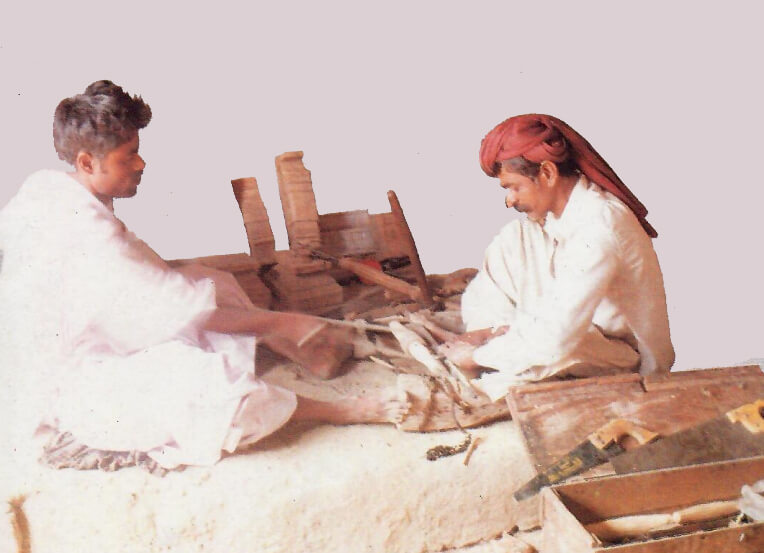
wealth
In rural India, the health care system can hardly cope with demands on it. Remote villages, inaccessible by road, are usually miles away from the nearest medical centre. In the very first year, the LiGHT programme reached out to the villages in a comprehensive manner. 1500 villagers underwent a check-up and children were vaccinated at two general health camps. These were conducted by general physicians as well as specialists in ENT, skin diseases, tuberculosis, eye, chest and heart ailments.
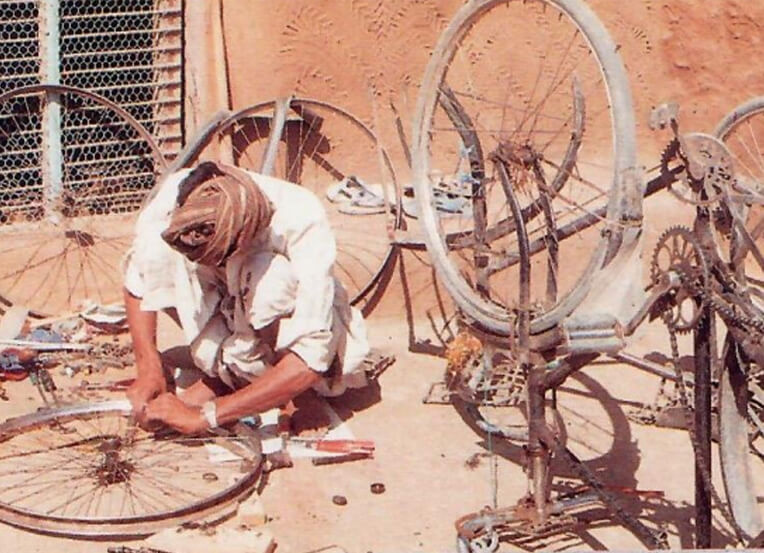
a respect for the environment
The greening of the environment can increase the height of the water table, prevent soil erosion, provide fodder for livestock and raw material for building huts. Keeping this in mind, the Trust acquired 15,000 saplings from the Government. These saplings were planted by the villagers around schools, temples and their huts. Each villager was entrusted with the responsibility of watering and taking care of a certain number of saplings.
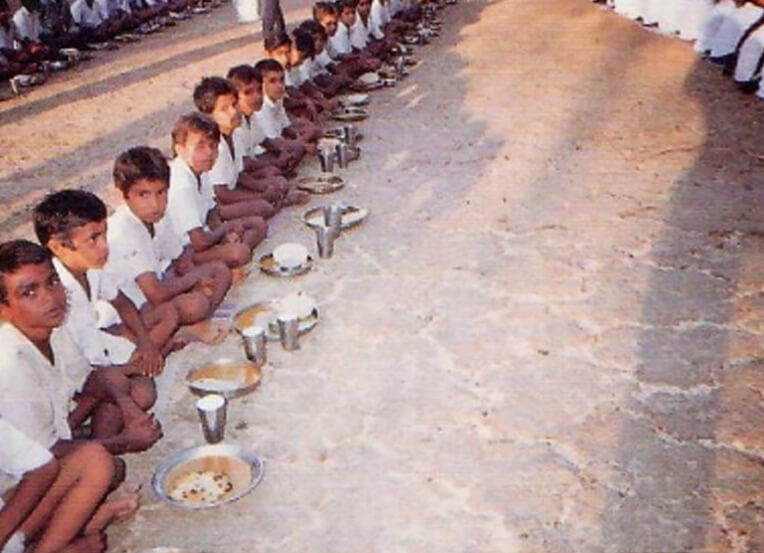
Enriching the educators
In an age of change, education cannot be limited to the first two decades of one's life. And educators themselves have to keep abreast of new developments and new ideas. Therefore, knowledge enrichment programmes were organised for school teachers in Gayatri Vidyalaya, Tharad. 45 teachers actively took part. Essay competitions were also organised in which children from eight schools participated.
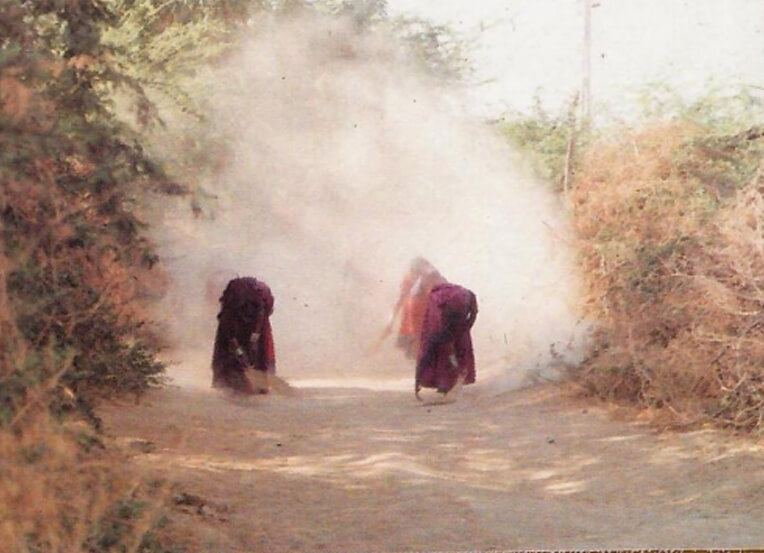
Spreading the message
Progress cannot be measured by mere growth in living standards. There has to be a Growth in moral standards and values as well. Awareness camps on social evils like Alcoholism and drug addiction were organised. Issues like the damaging effects on the individual's health and the social and economic impact on the family were covered. Group discussions were encouraged to develop their awareness.
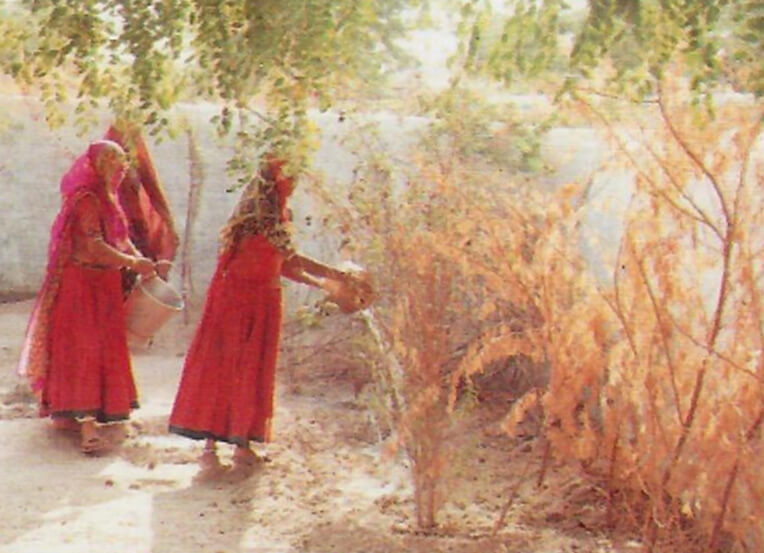
Reviving an ancient heritage
Kutch has a rich tradition of arts and crafts. The women are known for their fine embroidery and mirror work, A Craft Development Centre was set up to provide training, design Ideas and marketing inputs. The women receive a stipend during their training and the products are to be marketed in India and abroad. Leading designers Abu Jani and Sandeep Khosla have devoted their time and skills for the centre. And are helping put the handicrafts of a small village on the international market.
Development with dignity
A 5-year long term “food for work" programme has been drawn up. The activities include development of the village infrastructure such as road building, purified water facilities, primary schools and community halls. Basic food items like milk, wheat, sugar and edible oil are given as incentives to encourage work culture and self-sufficiency. Food and educational material is also distributed to school children. The scheme is supported by aid from Euronaid and Somedi, Germany.
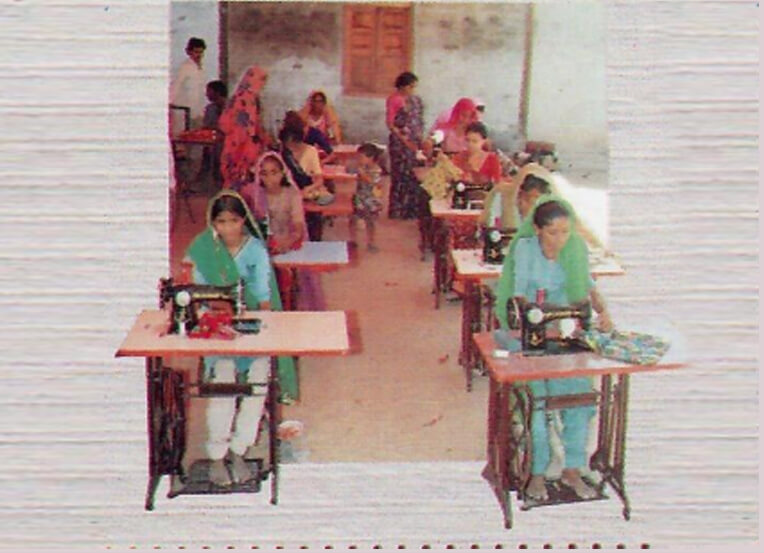
A community hall, Lilavati Griha Udyog accommodates women learning embroidery and other crafts. Forty sewing machines have been donated to this centre. A creche, Kirti Vidya Mandir has been set up to look after the children of these working women. A counselling centre, Lilavati Mahila Mandal, guides and trains women in education, health awareness and hygiene. And helps strengthen their social and economic status in society.
As the Mandal becomes capable of managing itself and making its own decisions. The Programmes Division will withdraw from the day-to-day running of the centre, thus encouraging the rural women to achieve self-sufficiency.
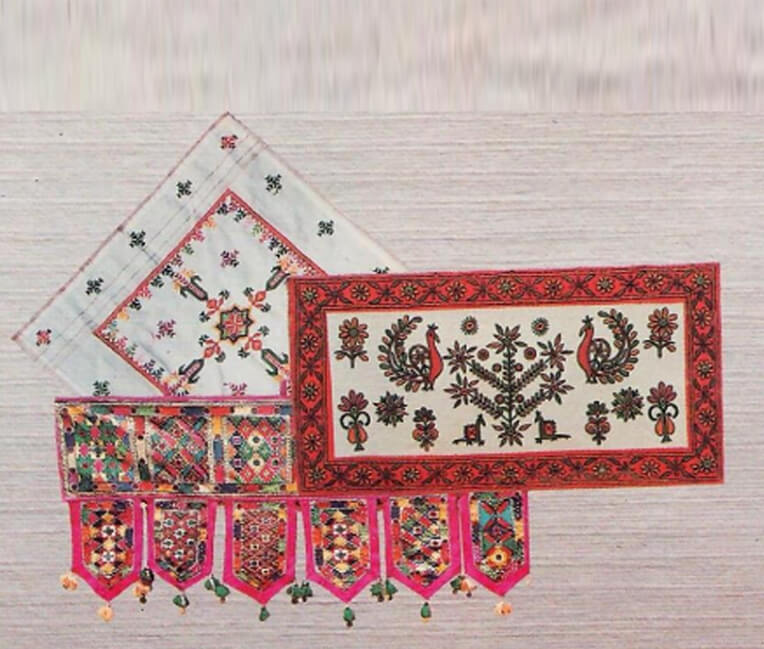
The bed to population ratio in Bombay is one bed for about 625 people. The LKMM Trust is therefore constructing a 300 bed hospital in Bombay, The Hospital is a charitable health care institution possessing very sophisticated medical equipment. Part of the facilities are exclusively reserved for providing medical services to the poor free of cost. The Hospital will specialise in Cardiology, Thoracics, Orthopaedics, Physiotherapy. A Medical Research Centre has also been set up to conduct independent bio-medical research to bring about prevention and cure of complicated diseases. The Centre has tied up with Tufts University Medical School, Boston, USA.
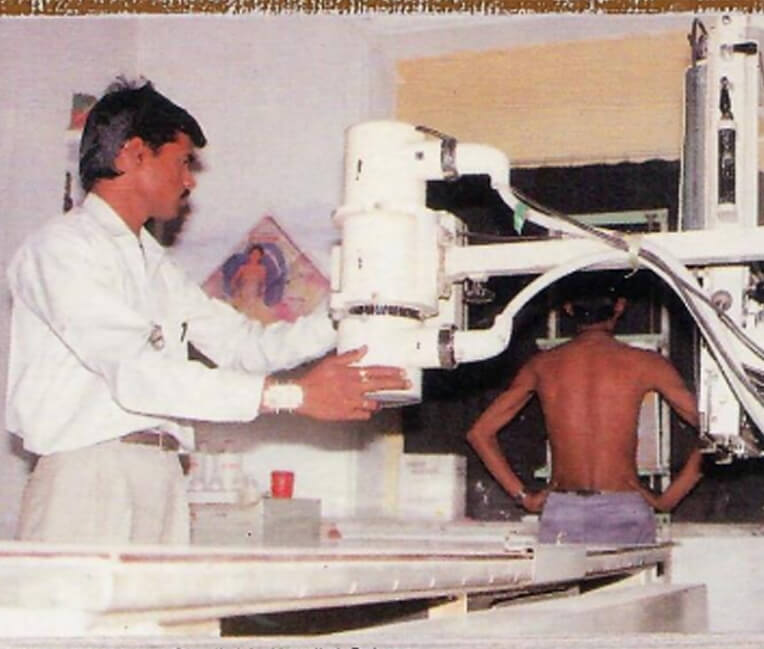
While the beginning has been encouraging, the road ahead is long and hard.
In rural Maharashtra, a village panchayat has come forward and offered two acres of land for community development activities. A centre called Kirti Seva Gram is to be set up, where villagers will be taught the art of manufacturing notebooks and haversacks, and processing spices. A balwadi (children's nursery), a workshop for the blind and a home for the aged are also some of the projects that will be taken up in the near future.
All this demand, dedication, perseverance and resources. Let us all work together and share the joy we have been blessed with, and help those less fortunate.
Your understanding and your compassion would help bring light into their lives. Be it in the form of money. Clothes, food, or medicines. And LiGHT would ensure that it actually gets to those who need your help.
